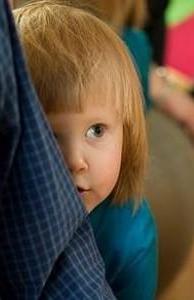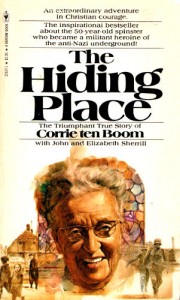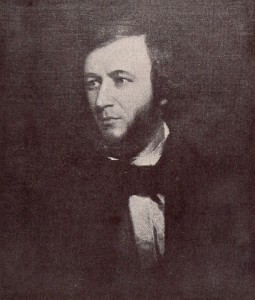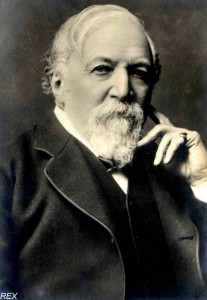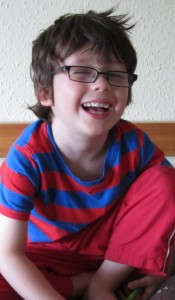 My grandson Nicholas has always been aces at picking up toys. When Katy and Hans say, “It’s time to tidy up,” he jumps right to it without resisting. When I commented to Katy about that, she said, “Oh, he actually likes to tidy up, so much so that he sometimes tries to put away toys the other children are still playing with.”
My grandson Nicholas has always been aces at picking up toys. When Katy and Hans say, “It’s time to tidy up,” he jumps right to it without resisting. When I commented to Katy about that, she said, “Oh, he actually likes to tidy up, so much so that he sometimes tries to put away toys the other children are still playing with.”
Now that Nicholas is almost 5, he’s become a pick-up professional, someone who appreciates order and experiences stress when things are chaotic.
A few weeks ago, when I was visiting him and his family in England, Katy decided to make a bold move. In the weeks since baby Andrew had arrived, the 3 giant toy bins had become messy. (Of course Nicholas had kept his toys separate from that disarray, storing his favorites in special places.)
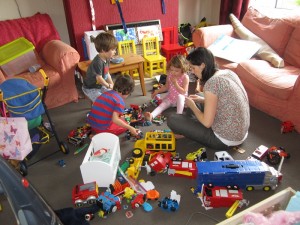 So, when Katy announced a re-org, dumping all 3 bins on the living room carpet, Nicholas was thrilled with the prospect of putting everything back in order. His siblings, too, enjoyed the process, finding toys they’d “lost” long ago.
So, when Katy announced a re-org, dumping all 3 bins on the living room carpet, Nicholas was thrilled with the prospect of putting everything back in order. His siblings, too, enjoyed the process, finding toys they’d “lost” long ago.
But then Katy threw them a curve ball. “We have more toys than we need,” she said, “so as we tidy up, we’re going to set aside some of them for children who don’t have very many.”
Little brows furrowed, and enthusiasm went down a notch, but Katy pushed forward. “Let’s start by making a pile of cars and trucks for our friend Sam. He has very few boy-toys, since he only has sisters.”
Objections came quickly. “But those are mine,” one said. “Let’s give Sam different ones instead.” Deciding which ones was complicated, and so Katy had to gently insist.
All young parents want their children to hold possessions lightly, gradually learning that everything belongs to God. But reluctance to give away what’s “ours” is common among children. Actually, the same holds true for adults. When presented with an opportunity to share, we often have to play a game of tug-o-war in our heads before we can make it happen.
Of course God knows this, which is why he asks (and sometimes insists) we part with things. And it’s not always just things.
Sometimes God asks us to part with people we love, giving them over to him. When this happens, he’s trying to make the same point with us that parents make with children: hold everything lightly and acknowledge that all of it belongs to God. That even includes “our” people, an exceedingly difficult lesson to learn.
 As for Nicholas, in the end he rallied and got into the spirit of giving toys away. But the day wasn’t only about giving; he received something that day, too: 3 organized toy bins with enough room to neatly close their lids…. a great satisfaction to him.
As for Nicholas, in the end he rallied and got into the spirit of giving toys away. But the day wasn’t only about giving; he received something that day, too: 3 organized toy bins with enough room to neatly close their lids…. a great satisfaction to him.
“Don’t store up treasures here on earth…. Store your treasures in heaven…. Wherever your treasure is, there the desires of your heart will also be.” (Matthew 6:19-2)

